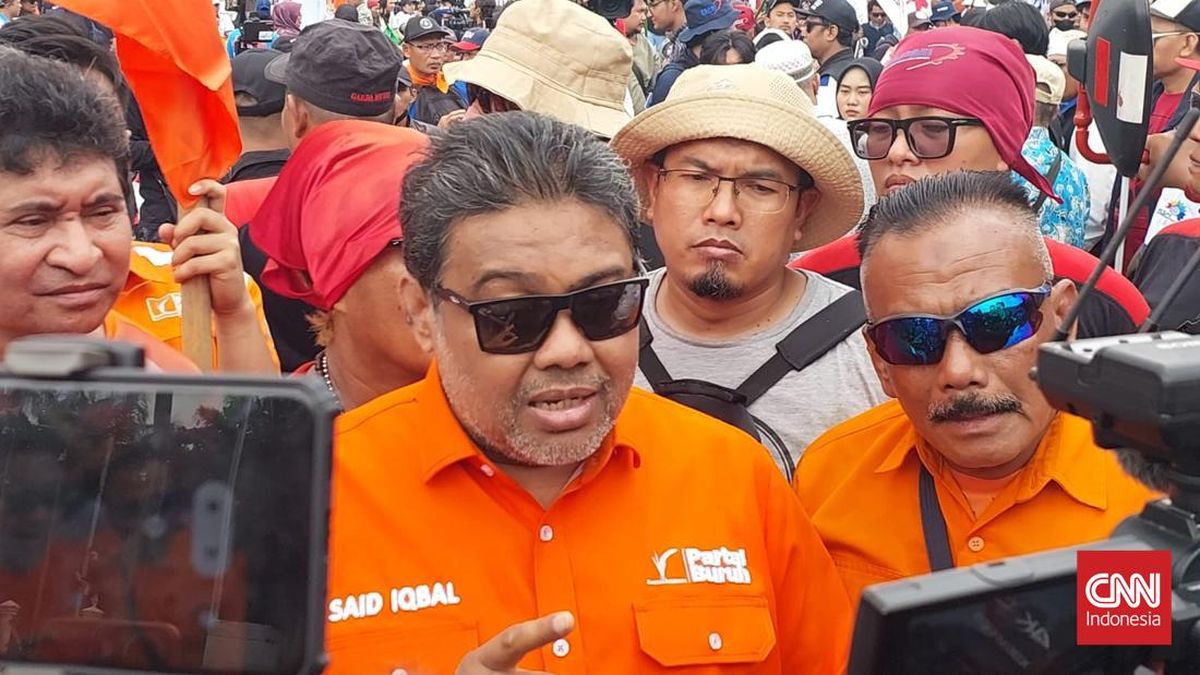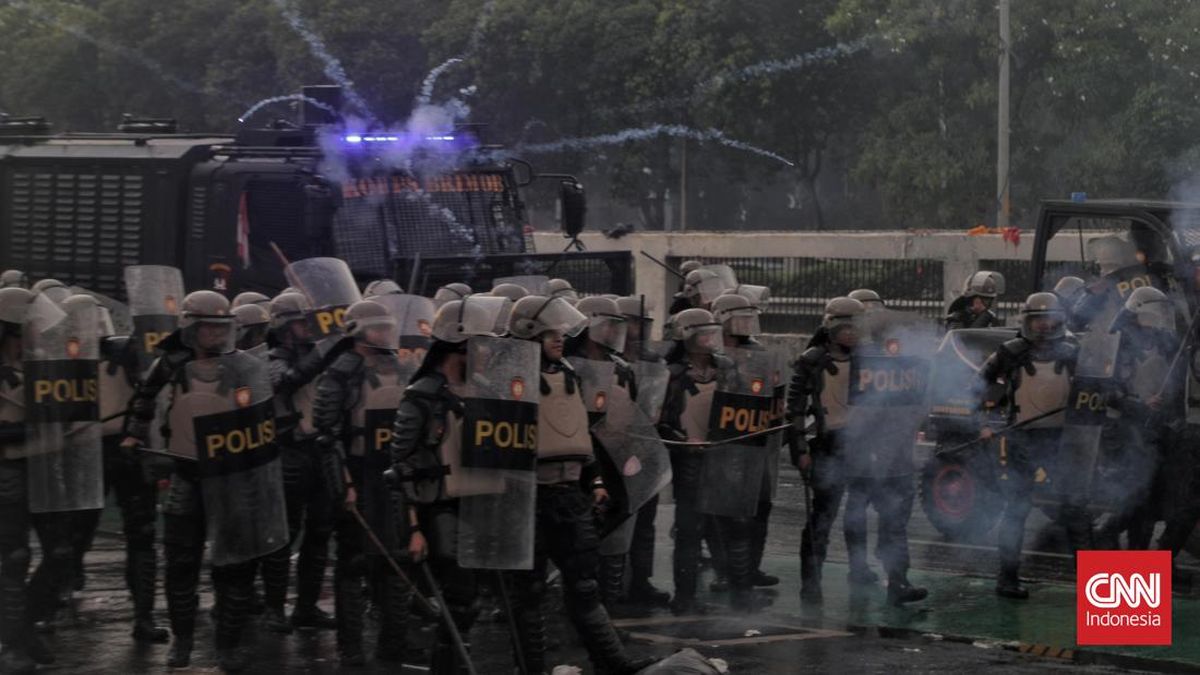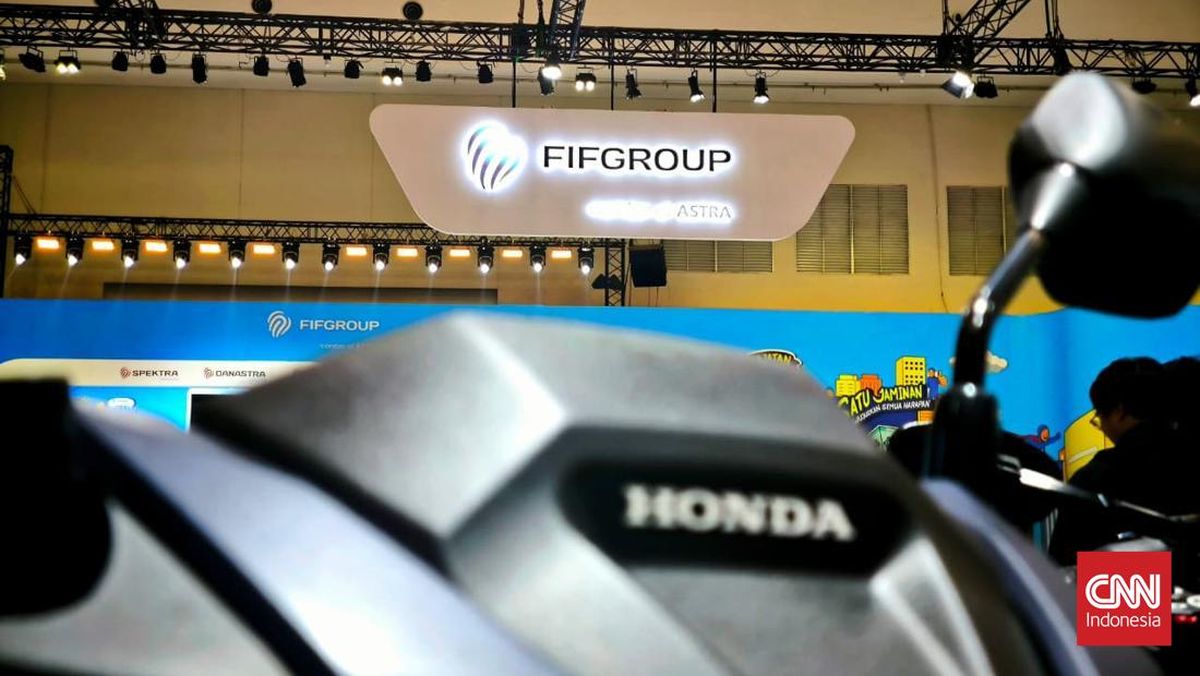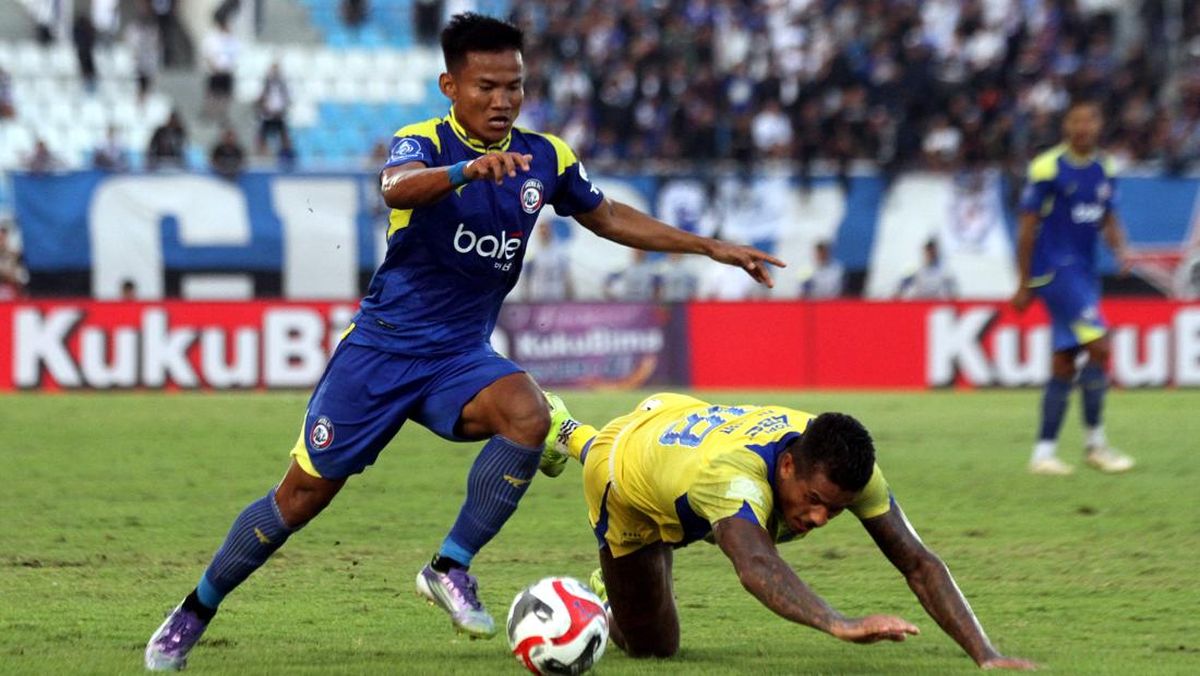Opinion
September 24, 2025 — 7.15pm
September 24, 2025 — 7.15pm
The genie remains in the bottle. For now.
Two weeks ago, UEFA decided to do something that not enough administrators in world football do: pause for thought before making an irreversible change that could tear at the fabric of the game.
The widespread expectation was that at the UEFA’s executive committee’s last meeting in Albania, they would endorse moves to allow domestic league fixtures to be played outside of Europe – paving the way for Barcelona to face Villarreal at Miami’s Hard Rock Stadium in December, and for AC Milan to meet Como at Perth’s Optus Stadium in February. The latter venture is only awaiting the regulatory green light, and is being enthusiastically backed by the Western Australian government; Milan has been forced into finding a temporary home ground because the San Siro Stadium is briefly off limits due to the 2026 Winter Olympics.
Instead, UEFA kicked the can down the road, and pledged to hold another round of consultation, including with fans, before making any decisions. So if you want tickets to watch the Serie A on Aussie soil, you’ll have to wait a little bit longer.
For those who abhor the idea, it bodes well – although previous comments from UEFA president Aleksander Ceferin suggest that they may not have legal grounds to stop it.
More than 400 fan groups across Europe have condemned the proposed “exporting” of league matches; even the nascent Football Supporters Association Australia has signed a joint letter asking FIFA’s secretary-general to intervene. One co-signatory warned a “Pandora’s box of disarray” was at risk of being opened.

UEFA president Aleksander Čeferin and FIFA president Gianni Infantino.Credit: AP
It’s an interesting debate to observe from an Australian perspective, because what is being talked about as deeply sacrilegious and dangerous over there is considered tediously normal here.
For them, it’s heresy. For us, it’s every other Saturday.
Australian teams across almost every sporting code (yes, even football) have been in the business of “selling” home games – usually interstate, to a cashed-up tourism body, but occasionally overseas, too – for many years.
It’s reductive to say that their fans simply “care more” about this. European clubs are important civic institutions, but no less so than our clubs to our cities and towns. The truth is that the sky has not fallen in since the NRL started taking the season opener to Las Vegas, and that clubs like Hawthorn are still Hawthorn despite having taken games to Tasmania.

Allegiant Stadium: The field of NRL dreams after another Vegas venture.Credit: Getty Images
You may argue that a small price has been paid, that a fragment of soul has been sacrificed, and you may have a very good and fair point – but every metric would suggest that the machine has never been more productive, despite your ethical misgivings.
The context is different. Our champions are crowned by a finals series, and we don’t expose our teams to the risk of relegation, so the effect on competition integrity is vastly diminished. Our leagues are inherently unfair, geared specifically for the highest commercial outcome; our lopsided seasons mean teams don’t play each other an equal number of times, unlike the perfect balance of European home-and-away campaigns. So it means less for us to trade away a home game here or there, while ventures like NRL’s Magic Round and AFL’s Gather Round further fray the edges through our event-going culture. And in Australia, certain clubs need the money from selling games for financial or strategic reasons.
We consider the matter of games played abroad in an expansionist way, as if our homegrown codes are being spread like gospel to the rest of the world, which is something to be proud of; over there, with top-flight football increasingly in the thrall of nation-states, oligarchs and American hedge funds, it feels like something pivotal to their identities is being taken from them and rented out to the rich in another country. This is where they draw the line. You have to respect that.
Which brings us to the other major bone of contention: the detrimental impact a marquee European league fixture on foreign soil would have on the existing domestic football within that community.

Sydney FC line up against the touring Wrexham AFC at a packed Allianz Stadium in July.Credit: Getty Images
“Imagine if a fraction of the revenue and attention generated by Milan v Como could otherwise be diverted to Perth’s local A‑League side, who have finished bottom in three of the past five seasons,” wondered aloud Jonathan Liew in The Guardian.
If only.
For decades now, Australian administrators have tried anything and everything to try and channel the booming interest in overseas football towards the local product. Nothing has worked, and probably nothing can work.
That’s called cultural cringe. The only hope is in the slow, incremental uptick in status being made by every young Australian player who transfers to a foreign club and does well. The more local talent swimming around is in Europe, the more likely it is that a ‘Eurosnob’ will cast a cursory glance at the A-League and consider it as a worthy part of a global whole, and a competition that deserves respect, rather than some antipodean mockery to be avoided.

Lamine Yamal and Barcelona could be facing Villarreal in Miami before the end of the year.Credit: Getty Images
But that’s going to take forever, and possibly longer. Until then, we take comfort in the fact that Australian interest in football is growing, and that hopefully one day, it is reflected by greater Australian interest in Australian football.
We celebrate when European clubs come here and sell jerseys and tickets to meaningless warm-up games in the off-season, praying for the reflected glory to rub off on our teams. If it ever does, it never sticks - but hey, what are you going to do? Force those people to watch the A-League by legal decree? This is globalisation in action. The market wants what it wants. And after so many ‘glamour friendlies’, the market now wants real games, with real points at stake.
There is, in fact, already a framework designed to scratch this itch: the new FIFA Club World Cup. It’s loathed by Europe’s football intelligentsia for many of the same reasons, but in theory it provides the cleanest interface: a tournament where clubs from anywhere can share the spotlight with the giants of the top-five leagues, and compete on equal terms. If the demand is for globalised club football, that is at least a more legitimate way to do it.
Loading
If we accept that all of this is inevitable, even if we agree that it’s bad for football … the pragmatic reaction is that Australia may as well get its snout in the trough before anyone else, because other countries will be lining up for the benefit. That is, if there is a benefit to be had.
And if the only benefit is that a bunch of people from Perth who love Italian football, but would never get to experience it in the flesh, get to have a great night … then so what? Are they not ‘real’ fans? What even is a real fan, anyway?
In a way, this is all a matter of perspective. For a rugby league expansionist, taking the NRL to Vegas is about spreading the gospel to a new territory. For an 80-year-old season ticket holder, it’s one less home game they get to attend before they die.
Bringing the NFL to Melbourne is simply meeting demand where it exists … or the latest example of American imperialism.
Bringing Serie A to Perth is simply a creative way of getting around the Winter Olympics stadium problem … or another kick in the nuts for not only fans of Milan and Como, but Perth Glory, too.
Bringing La Liga to Miami “does not break tradition … it projects it,” according to the league’s president Javier Tebas.
In today’s sporting world, who gets to decide what “tradition” even is? It’s a complicated question. UEFA’s hesitation suggests they don’t yet know – or that they fear the answer.
Football has a new Home. Stream the Premier League, Emirates FA Cup, J.League and NWSL live & on demand, including Premier League with 4K, from August 2025 on Stan Sport.
Most Viewed in Sport
Loading


















































